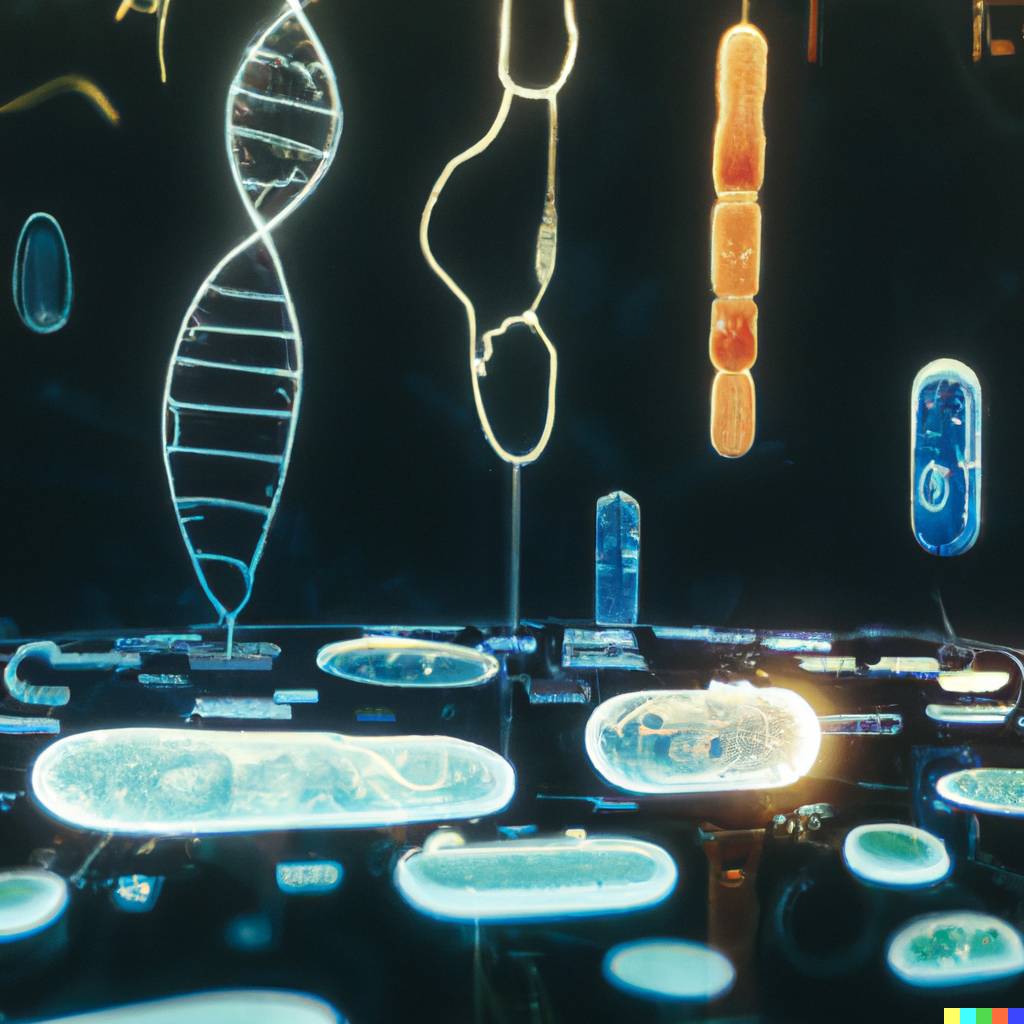
Did you know that you don’t have to be a professional scientist to participate in and contribute to science? Citizen science is proliferating globally and is a “field” that is becoming more accessible to anyone who wants to participate regardless of place of citizenship, education, or experience. Thanks to technological and communicative innovations, scientists and citizens can more easily connect and collaborate.
We need science, and scientists need us.
What Is a Citizen Scientist?
As noted in the scientific journal Nature, the origins of citizen science can be dated back at least a couple of millennia. In ancient China, residents helped track outbreaks of migratory locusts that frequently destroyed harvests.1 Prior to the professionalization of science, when scientific endeavors were often conducted by amateurs, such as Benjamin Franklin and Charles Darwin, citizen science was just science.2
Today, a citizen scientist is someone who volunteers (and sometimes for compensation) their time to help scientists and other researchers with their work. This can include but is not limited to, collecting data points, documenting flora and fauna, and participating in surveys or assigned activities. Scientists and researchers realized that by utilizing citizen scientists, they could increase their range of data collection and achieve public outreach often required by funders.
Citizen scientists are in high demand by medical researchers who want more information about people’s lifestyles so they can learn about what causes and prevents disease; by ecologists who want more information about population size and distribution of different species; by climate scientists studying how temperatures are changing and the impact that is having; and by pretty much any and all fields of scientists.3
How Can You Become a Citizen Scientist?
If you want to become a citizen scientist today, you can. Motivated volunteers of all ages and backgrounds can make a vital contribution to science by collecting, sharing, and even analyzing information about the natural world, as well as participating in studies and surveys that health and medical researchers need to improve healthcare (both preventative and curative). Whether you are interested in wildlife or wellness, there are projects taking place globally that need your help.
A simple internet search will present opportunities that meet your areas of interest. For example, “citizen science project butterflies” brings up Monarch Watch, a citizen science project where volunteers in Canada and the United States assist scientists in studying and monitoring monarch populations and the fall migration.
Other projects open to participation right now include helping discover a new planet in our solar system, tracking seasonal plant changes in your area, or helping find out how nutrition impacts metabolic and mood health conditions with Viome Life Sciences.
SciStarter.org and its training modules are two great places to start if you are interested in becoming a citizen scientist and want to learn some of the best practices, as well as explore a database of topic-organized citizen science projects.
The Benefits of Becoming a Citizen Scientist
The benefits of becoming a citizen scientist extend both ways. Citizen science can be an exciting, engaging, and educational hobby that can promote healthy practices like spending more time in nature and getting involved with your local community. It is also an opportunity to engage your curiosity, learn new skills, and be part of something that positively impacts the environment or our global health. For scientists, the benefits of having citizen scientists involved are immense, as mentioned earlier, because it is an invaluable chance to increase the range of data collection. Citizen science is really a win-win field for all.
Resources:
Irwin, A. (2018, October 23). No PhDs needed: How citizen science is transforming research. Nature News. natue.com.
Walker, D. W., Smigaj, M., & Tani, M. (2020, October 12). The benefits and negative impacts of citizen science applications to water as experienced by participants and communities. WIREs Water. Wiley Interdisciplinary Reviews. Wires.onlinelibrary.wiley.com.
Funk, A. (2022, April 12). How to be a citizen scientist: A beginner's guide. Discover Magazine. Discovermagazine.com.



